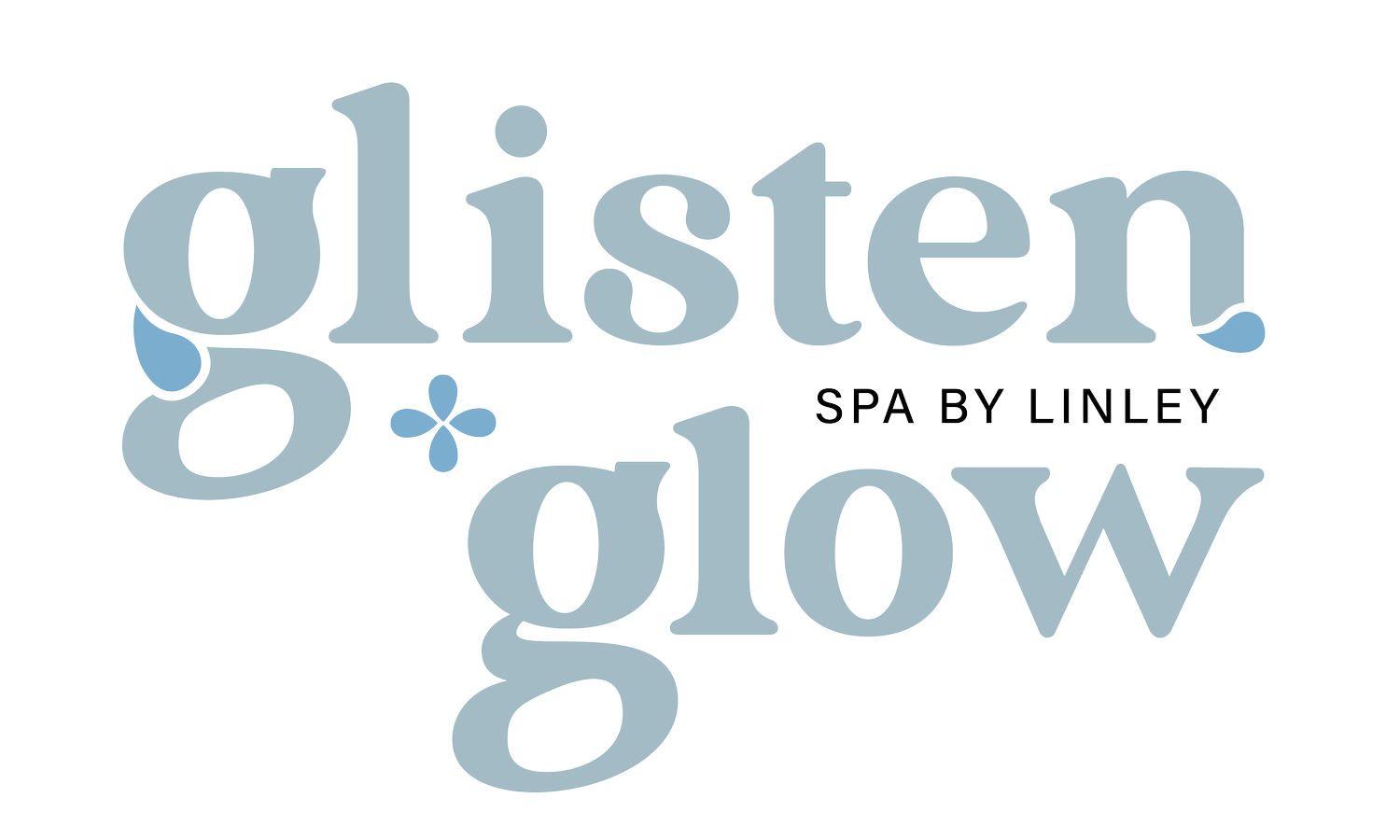Stress & your skin
We all know stress isn’t great for you in general. It has long-lasting effects on your body, including your skin! Remember, you may not see the effects of stress today, but someday you will. We all want to try and eliminate stressors in our life for a general healthier lifestyle.
Stress affects the hypothalamus-pituitary-adrenal (HPA) axis which plays a huge role in the body's reaction to stress because it plays a crucial role in your body’s hormone production, specifically, cortisol. This is the fight or flight mode that your body goes into and can trigger so many things. At their core, almost all skin concerns start with stress.
Common symptoms of stress can be acne, rashes, eczema, psoriasis, rosacea, bumpy texture, redness, inflammation and hives. Your skin is your largest organ and a protective barrier for moisture retention, so when you’re stressed out, your skin usually becomes drier and in turn you try to produce more oil to protect yourself. This can lead to more acne or aggravated skin. Dry skin is the most typical however and can cause tenderness or reactions to different products! It’s crazy wild how much stress can affect your body and skin.
Stress also affects the production of collagen and elastin in your skin too. Because your body is in fight or flight mode, other things don’t get the attention they might need, so the skin isn’t always your body’s first priority. Stress obviously can affect your mental health also, which in turn can affect other parts of your life such as morning/night routines, nutrition habits, etc. People can develop unhealthy habits to cope with the stress which is what happened to me! I use to fast all day, binge eat at night and I noticed a major difference in my gut health.
FUN FACT: Inflammation can also trigger pigmentation and discoloration on the skin. Make sure you’re trying to manage your stress in a healthy way.
So, if you notice any of these things from this blog happen during or shortly after a stressful time, take a step back and reflect on how to handle the stress differently. It’s easier said than done, which is why next week I’ll be talking about some tools to handle stress better, stay tuned 😉


